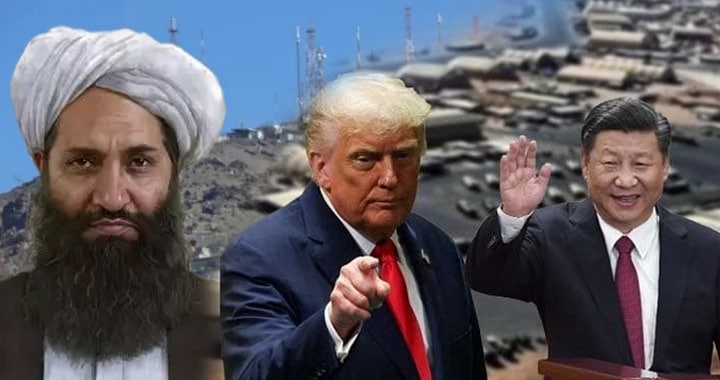Could the Taliban be acting out of fears; fear of U.S. pressure for renewed access to the Bagram air base with former president Donald Trump warning that “bad things will happen” if demands are refused, or fear that scattered armed resistance might swell into a broad popular uprising? Perhaps both.
What is certain, however, is that their decision has now reached Kabul: after sweeping through Mazar-i-Sharif and Herat, a Taliban order has cut fibre-optic internet across Afghanistan, plunging the capital and several provinces into digital darkness.
Afghan media say the sweeping shutdown, which began mid-September, has crippled businesses, blocked online classes and scholarship applications, and silenced independent outlets. High-speed connections are gone, while mobile data limps along at bare-minimum 2G.
NetBlocks, the global internet-monitoring group, reports national connectivity down to about 14 percent of normal levels, calling it a “telecommunication blackout consistent with a deliberate disruption.”
Taliban officials claim the move is meant to restrict “immoral and harmful content,” but Afghan journalists and rights advocates see a deeper intent, to choke off free expression and shield the regime from scrutiny.
They warn that by cutting the country off, the Taliban both isolate Afghanistan from the world and hide their own abuses.
Observers add that the blackout coincides with the United Nations’ International Day for Universal Access to Information on 28 September, a day meant to affirm the right of every person to seek and share knowledge. Human-rights activists say the timing only underscores the Taliban’s contempt for that principle.
Another source of unease, analysts note, is the long-awaited dialogue in Islamabad, under the banner “First Regional Dialogue Towards Unity and Trust”, hosted jointly by Women for Afghanistan and the Institute for Strategic Stability in South Asia.
Despite Taliban objections and repeated postponements, Afghan political leaders and opposition figures plan to meet Pakistani counterparts to discuss regional cooperation and women’s roles in Afghanistan’s future, a gathering the Taliban view with suspicion.
For now, millions of Afghans remain cut off, their voices muffled and their connections reduced to a trickle, as the country drifts further into enforced digital silence.





